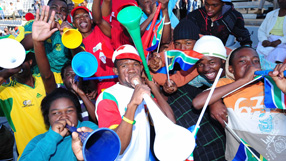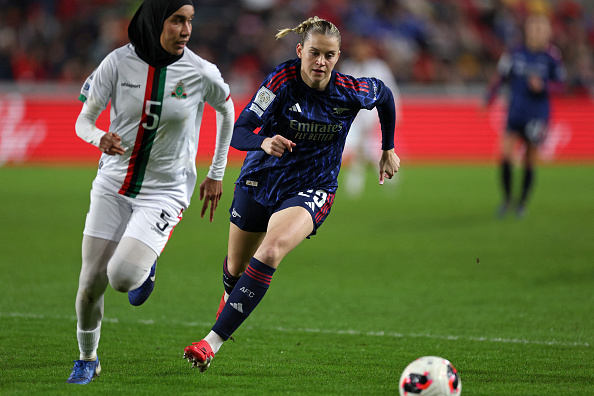
When South Africa's players line up at the 90,000-seater Soccer City stadium to face Mexico in Friday's opening match, the continent, the host nation and the soccer world will witness a pivotal moment in their respective, intertwined stories.
The occasion, 16 years since South Africa emerged from apartheid into a democratic nation, will vindicate the vision of FIFA president Sepp Blatter who stood by the young nation when cynics said the World Cup should could never go ahead here.
It will also realise the dreams of Danny Jordaan, the chief executive of the local organising committee, who has spent the last 16 years of his life working towards this moment.
It could herald the start of social changes in South Africa, a country of astonishing natural beauty whose past and present has been scarred by the darker side of the human spirit - warped politics, heinous crime and deep-rooted poverty and injustice.
As Jordaan told Reuters in an interview this week: "For me it will be a dream come true. It's a great moment in the World Cup's 80-year history.
"People said no African country could ever deliver this event. But we are showing that we can't just match what others have done but that we can do even better. Now the doubters are the believers."
PAST MISTAKES
The best features, fun and footballing quizzes, straight to your inbox every week.
Friday's match featuring the Bafana Bafana (The Boys, The Boys) will not wash away the mistakes of the past in 90 minutes, nor will it change South African society overnight.
But with the father of the modern nation, the frail 91-year-old Nelson Mandela, hopefully in the stands alongside Bishop Desmond Tutu, President Jacob Zuma and other men who fought to free South Africa from the shackles of the racist policies which once led to their country's banishment from world sport, the symbolism will not be lost on anyone.
South Africa has hosted many major sports events since the nation rejoined the international sporting community at the Barcelona Olympics in 1992, including the rugby and cricket world cups, but nothing on the scale of football's premier event.
Telecommunications links have had to be installed or upgraded, new stadiums built or renovated while on Tuesday South Africa's first rapid urban train system opened in Johannesburg.
But while Friday's match is hugely symbolic and emotional it is also about something else - three World Cup points.
Victory for South Africa, who have improved dramatically under returning Brazilian coach Carlos Alberto Parreira and are unbeaten in their last 12 matches, would naturally give the hosts the perfect start to their Group A campaign.
Mexico, however, have also been in excellent form recently -- playing well in narrow defeats to England and the Netherlands and beating world champions Italy 2-1 in Brussels last week.
Coach Javier Aguirre said his Mexico side was among the best the country had produced but on Friday they will face far more than just eleven opponents on the other side of the field.
 Join The Club
Join The Club





